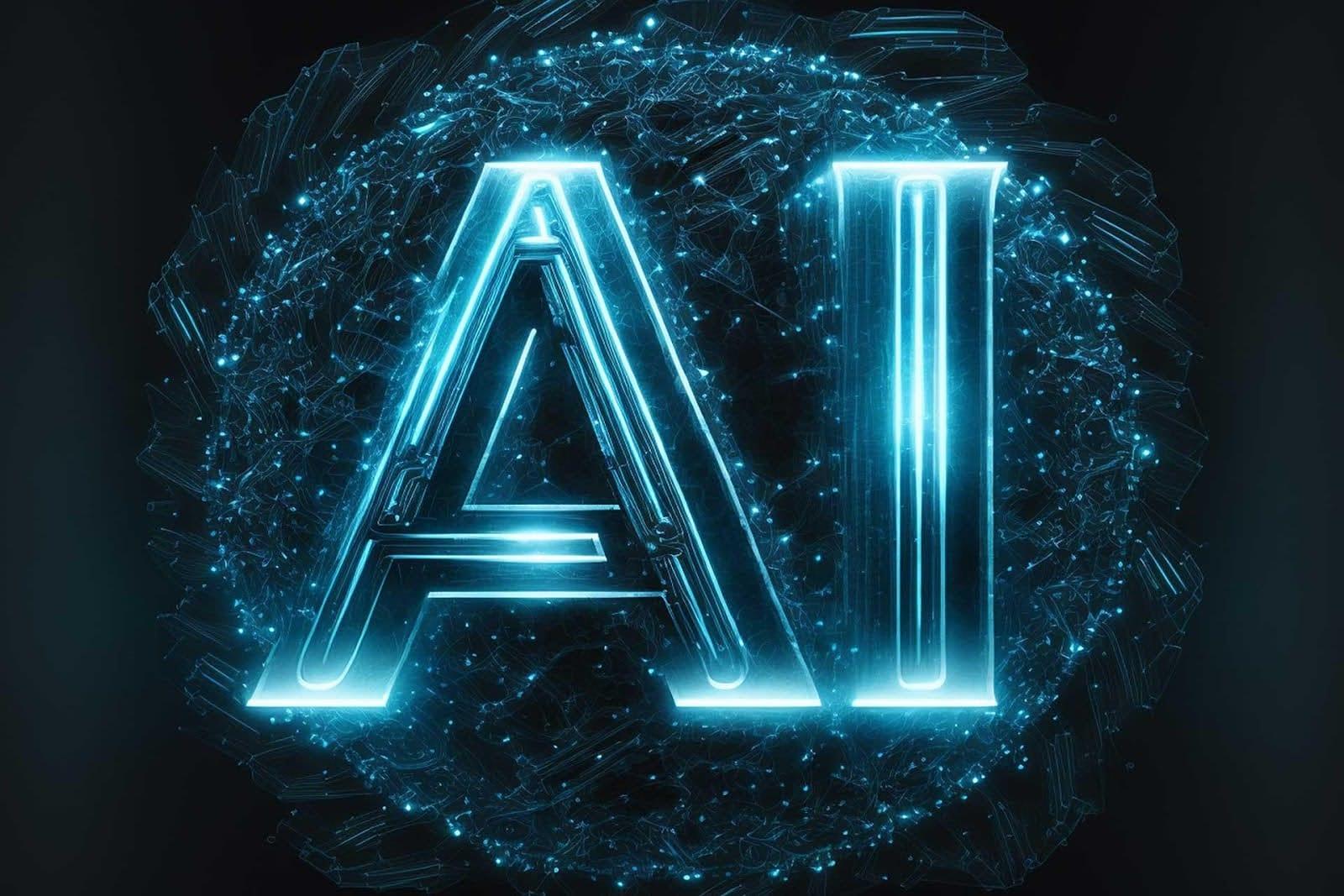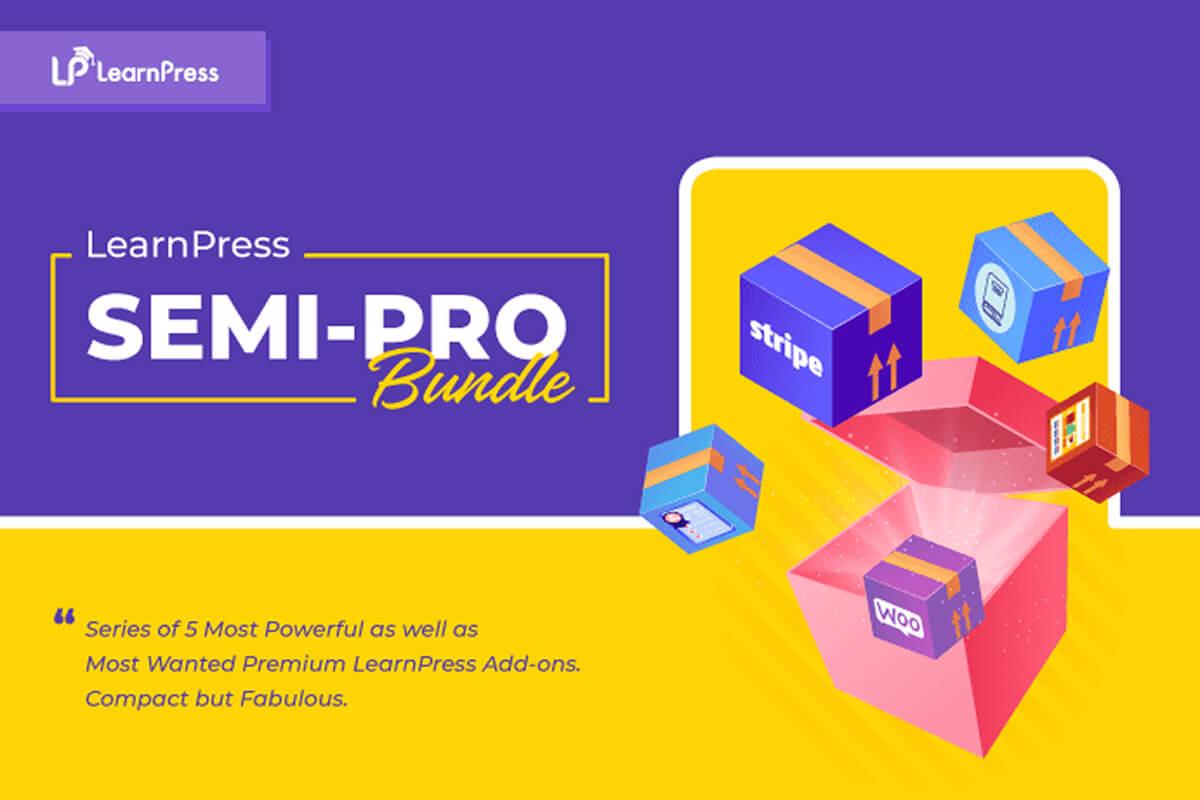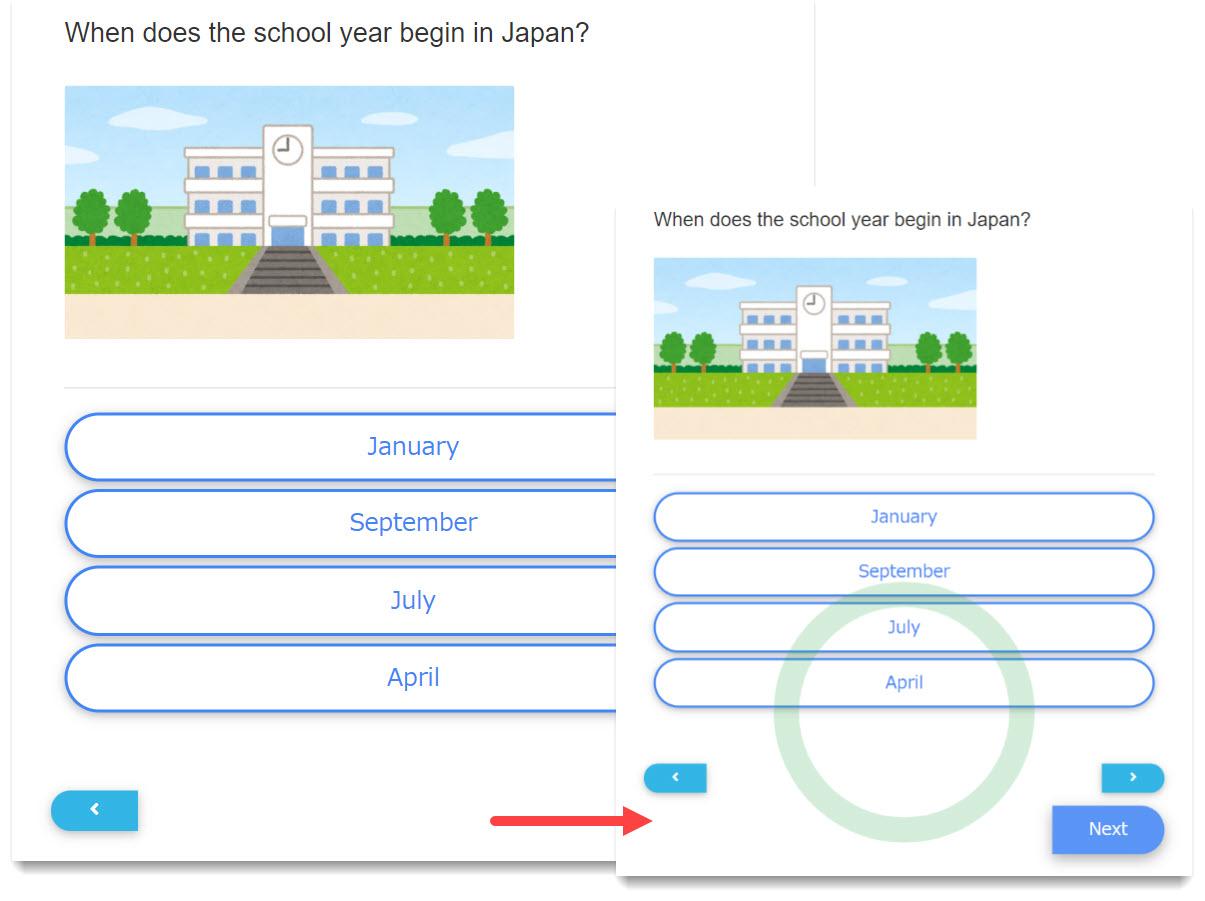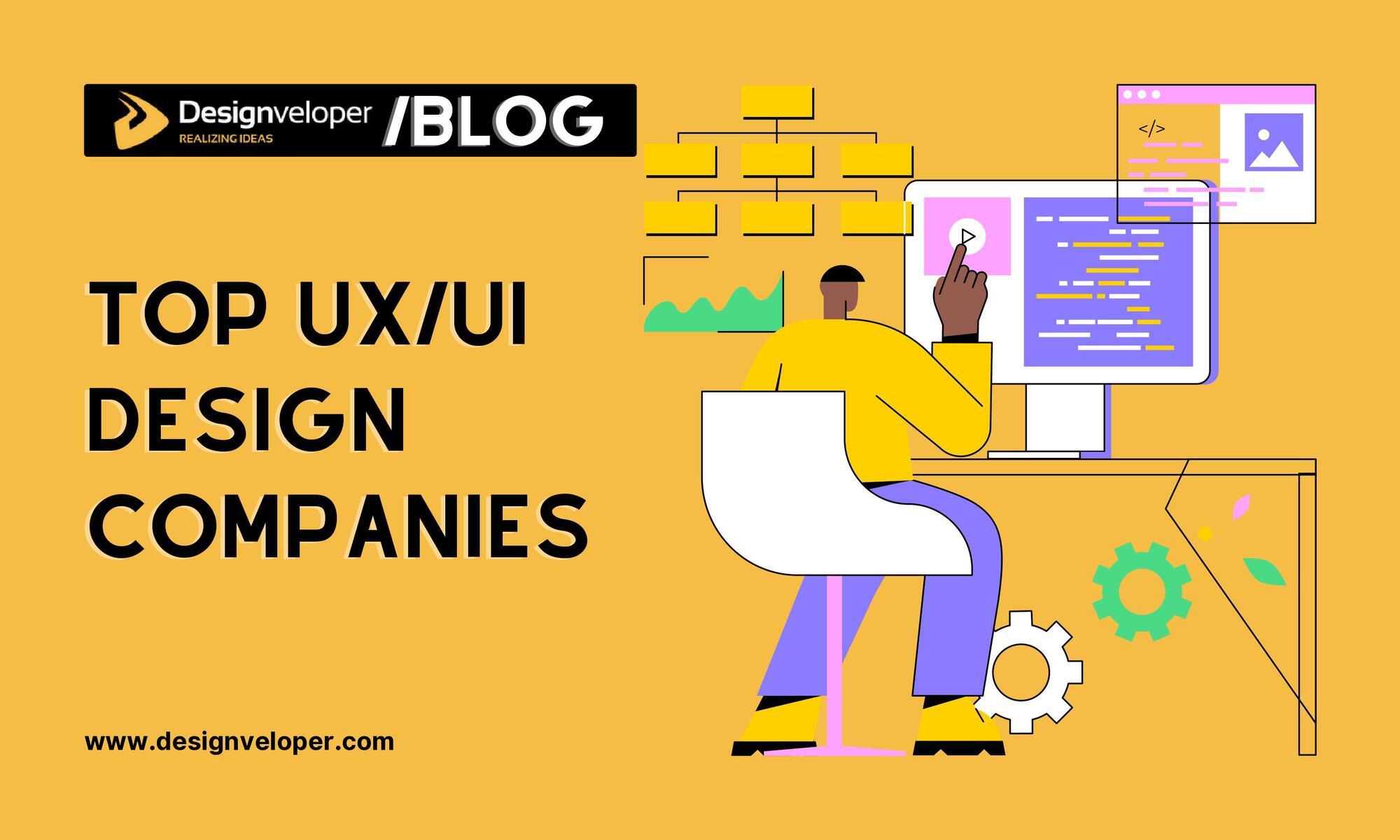In today’s digital landscape, where every click counts and online visibility can make or break a business, the role of SEO experts has never been more crucial. But wiht the rapid advancements in artificial intelligence, a burning question is on everyone’s mind: Can AI truly replace human SEO experts? It’s a hot topic that sparks debate among marketers, tech enthusiasts, and business owners alike. While AI can crunch data at lightning speed and uncover patterns that might elude even the sharpest human minds, the nuances of creativity, strategy, and understanding user intent remain complex challenges. So, let’s dive into this intriguing question and explore what AI can—and can’t—do in the realm of SEO. By the end, you’ll have a clearer picture of whether human expertise is still essential or if we’re on the brink of a digital revolution where AI takes the reins. Buckle up; it’s going to be an enlightening ride!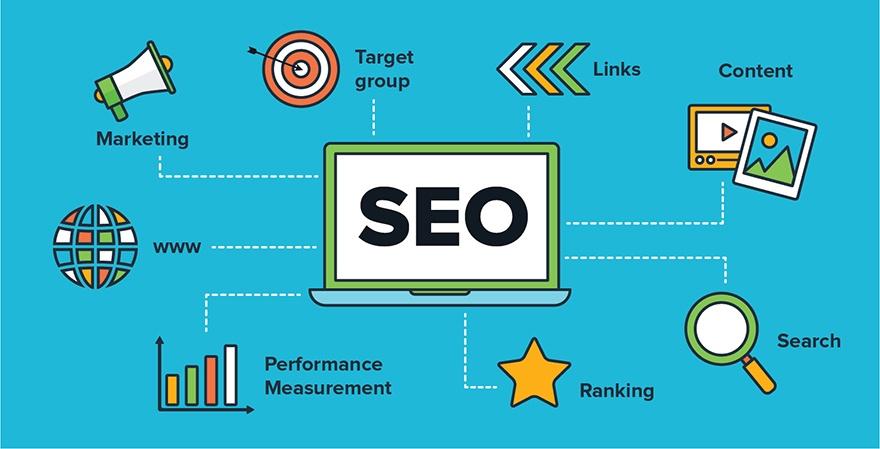
The Evolving Role of SEO in the Age of AI
As artificial intelligence continues to advance, the landscape of search engine optimization is undergoing a notable transformation. While AI tools can analyze data and optimize content at unprecedented speeds,the nuanced understanding and creativity of human SEO experts remain irreplaceable. Here’s how the role of SEO is evolving in this age of intelligence.
One of the most notable shifts is the way AI enhances data analysis. AI tools can process vast amounts of data to identify trends and patterns that may take humans weeks to uncover. This means that SEO professionals can now focus on strategy and creativity rather than spending countless hours on data collection. However,the interpretation of this data requires human insight,especially when it comes to understanding audience intent and crafting compelling narratives. Here’s how AI assists:
- Automated Reporting: AI can generate detailed reports on website performance,providing insights that are easy to digest.
- keyword Analysis: AI tools can suggest high-potential keywords based on current trends and competitor analysis.
- Content Optimization: AI can recommend changes to improve the SEO value of existing content, but the unique voice and style must be maintained by humans.
Moreover, the importance of user experience in SEO cannot be overstated. With search engines increasingly prioritizing user satisfaction, human experts play a critical role in optimizing websites for real users rather than just bots. They can assess aspects such as site design,loading speed,and mobile compatibility—areas where human creativity shines. AI may help in testing these elements, but it lacks the human touch needed to create truly engaging user experiences.
As we move further into this AI-driven era, collaboration between machines and humans will become essential. SEO experts can leverage AI tools to enhance their workflows and decision-making processes, but they will still lead the charge in strategy development and creative execution. Embracing AI as a partner rather than a replacement will allow businesses to stay ahead in the competitive digital landscape.
To illustrate this synergy, consider the table below that compares traditional SEO practices with AI-enhanced strategies:
| Traditional SEO Practices | AI-Enhanced Strategies |
|---|---|
| Manual keyword research | Automated keyword suggestions |
| Time-consuming data analysis | Real-time insights and predictions |
| Basic content optimization | AI-driven content personalization |
| Static user experience testing | Dynamic A/B testing with AI |
while AI offers powerful tools for enhancing SEO, it cannot replace the strategic thinking and creative skills that human experts bring to the table. as the industry continues to evolve,those who can adapt and integrate AI into their SEO strategies will be the ones who thrive.
Understanding AI’s Capabilities in Search Optimization
Artificial Intelligence (AI) is revolutionizing the landscape of search optimization, offering advanced tools and techniques that can enhance the way we approach SEO strategies. While the thought of AI replacing human SEO experts raises eyebrows,it’s essential to grasp the complementary roles that both can play in today’s digital arena.
One of AI’s primary strengths lies in its ability to analyze vast amounts of data at lightning speed. Here are a few of its capabilities:
- Data Analysis: AI can identify patterns and trends in user behavior, helping businesses to understand what keywords and topics are most relevant to their audience.
- Content Optimization: AI algorithms can suggest improvements for existing content, ensuring that it meets current SEO standards and is appealing to users.
- Predictive Insights: Leveraging ancient data, AI can forecast the performance of certain keywords or content, guiding marketers in their strategic planning.
Moreover, AI-driven tools can automate repetitive tasks, such as keyword research and ranking tracking. this automation allows SEO professionals to focus on more strategic aspects of their work, such as developing comprehensive marketing campaigns and crafting engaging content. Consider the following AI tools and their functions:
| AI Tool | Function |
|---|---|
| SEMrush | Keyword research and competitive analysis |
| Clearscope | Content optimization for semantic relevance |
| RankBrain | Improves search result relevance using machine learning |
however,the human touch remains irreplaceable. While AI can provide insights and recommendations,it lacks the nuanced understanding of brand voice,industry-specific context,and creative thinking that a human expert brings to the table.Collaboration between AI and human SEO professionals can lead to more innovative and effective strategies that drive results.
rather than viewing AI as a replacement for human expertise, it’s more productive to see it as a valuable ally in the quest for search optimization.Together, they can create a powerful synergy that enhances visibility, engagement, and ultimately, conversions.

Why Human Insight Still Matters in SEO Strategies
Despite the rapid advancements in AI technology, the need for human insight in SEO strategies remains crucial.While AI excels at processing data and automating tasks, it lacks the nuanced understanding of human behavior, cultural trends, and emotional intelligence that only humans can provide. Here are a few reasons why human insight continues to hold its ground in the SEO landscape:
- Understanding User Intent: Search engines prioritize content that aligns with user intent. Humans possess the ability to interpret and empathize with the queries that users have, allowing for the creation of content that resonates on a personal level.
- Creativity and Storytelling: crafting compelling narratives and engaging content requires a creativity that AI still struggles to achieve. Unique storytelling can captivate audiences, fostering loyalty and encouraging shares.
- Adapting to Trends: The digital landscape is ever-evolving, with trends changing at a rapid pace. Human experts can quickly adapt strategies based on emerging cultural phenomena, ensuring that content remains relevant and timely.
Moreover, SEO is not merely about keywords and backlinks; it’s a holistic approach that combines technical skills with an understanding of market dynamics.For instance,while AI can analyze data sets,it lacks the capability to derive actionable insights from them without human interpretation. Analyzing the following factors can illustrate this point:
| Factor | AI Capability | Human Insight |
|---|---|---|
| Keyword Optimization | Identifies patterns and suggests keywords | Understands context and user emotions |
| Content generation | Produces content based on algorithms | Creates engaging and relatable narratives |
| Trend Analysis | Tracks data over time | Interprets cultural context and societal shifts |
Integrating human expertise with AI capabilities results in a more balanced and effective SEO strategy. For example, while AI can provide data-driven insights and automate routine tasks, human experts can use these insights to shape strategies that reflect the brand’s voice and connect with the target audience. This synergy enhances creativity, fosters engagement, and ultimately drives better results.
human insight is not just an asset but a necessity in crafting successful SEO strategies. As AI continues to evolve,the collaboration between human expertise and artificial intelligence will define the future of SEO,combining the best of both worlds to create strategies that are not only data-driven but also deeply human-centric.

The Limitations of AI in Understanding User Intent
While AI has made significant strides in various fields, its ability to fully grasp user intent remains limited. Understanding what users truly want when they type a query into a search engine requires a depth of contextual awareness and emotional intelligence that AI simply cannot replicate. Here are a few reasons why relying solely on AI for this delicate task can be problematic:
- Contextual Nuances: AI often struggles with the subtleties of human language. A single word can have multiple meanings depending on the context,and without the ability to interpret these nuances,AI may misinterpret user queries.
- Cultural Differences: Users from different backgrounds may phrase their queries in unique ways that reflect their cultural context. AI’s training data might not encompass all linguistic variations, leading to a gap in understanding.
- Emotional Insight: Human intent is frequently enough influenced by emotions,and AI lacks the capability to fully comprehend feelings. As an example, someone searching for “help” could be looking for support, information, or even a product—an AI might miss these emotional triggers.
Moreover, the rapidly evolving nature of user behavior poses another challenge for AI. Trends change quickly, and what users search for today might be drastically different from what they search for tomorrow. While AI can analyze past data to predict future trends, it cannot intuitively adapt to sudden shifts in behavior. This agility is a hallmark of human experts, who can draw on experience and intuition.
Even when AI algorithms analyze vast amounts of data, they often miss the underlying motivations that drive user behavior. For example, a user searching for “best running shoes” may have various intents—such as looking for fitness advice, product reviews, or purchasing options. An AI may categorize this query based on previous searches but can overlook the user’s deeper needs.
while AI tools can enhance SEO strategies by automating data analysis and improving efficiency, they cannot replace the human touch in understanding user intent. A collaborative approach, where AI assists human SEO experts, may yield the best results. balancing the strengths of AI with the unique abilities of human professionals can create a more effective SEO strategy that truly resonates with users.
how AI Tools Can Enhance, Not Replace, Human Experts
As we stand at the intersection of technology and creativity, it’s clear that artificial intelligence is not here to take away jobs but to augment the capabilities of human experts.AI tools can transform the work of SEO professionals by handling repetitive tasks, providing data-driven insights, and identifying trends that might be overlooked. This partnership allows humans to focus on strategy, creativity, and the nuanced aspects of SEO that require a deep understanding of consumer behavior and market dynamics.
Imagine having an AI tool that can analyze thousands of keywords in seconds, providing you with a comprehensive report of their SEO potential. These tools can:
- Automate keyword research to save time and effort.
- Offer real-time performance metrics that help in adjusting strategies on the fly.
- Predict trends using historical data, enabling proactive content creation.
However, the magic happens when human expertise is combined with AI’s capabilities. While AI can crunch numbers and analyze vast amounts of data, it lacks the human touch—the ability to understand context, emotions, and cultural nuances. SEO is about more than just algorithms; it’s about telling a story that resonates with your audience. Here are a few areas where human experts excel:
- Content Creation: Crafting engaging narratives that connect with readers.
- Brand Voice: Maintaining a consistent brand message across all platforms.
- Critical Thinking: Evaluating AI-generated data and making informed strategic decisions.
To illustrate the synergy between AI tools and human experts, consider this simple comparison:
| AI Tools | Human SEO Experts |
|---|---|
| Data Analysis | Creative Strategy Development |
| Keyword Tracking | Content Ideation |
| Algorithm Updates | Audience engagement |
AI tools can certainly handle the heavy lifting in data processing, but the true power of SEO lies in the human ability to innovate, empathize, and connect. By embracing AI as a partner rather than a competitor, SEO professionals can enhance their efficiency, creativity, and ultimately, their results. the future of SEO is collaborative, where technology and human insight work hand in hand to create exceptional online experiences.
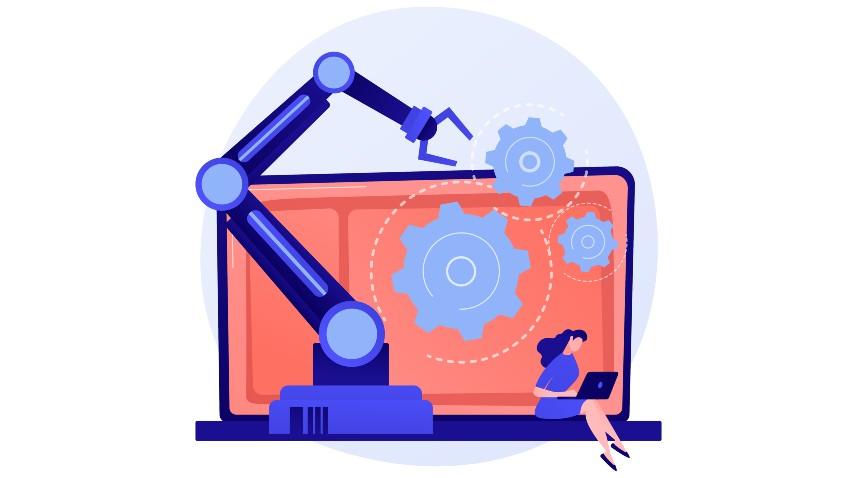
Balancing Automation with Creative SEO Solutions
As the digital landscape evolves, automation tools driven by AI are becoming more sophisticated in managing SEO tasks.These tools can streamline processes like keyword research, data analysis, and even content generation. However, relying solely on automation can lead to a disconnect from the creative and strategic aspects that only human SEO experts can provide.
While AI excels at crunching numbers and identifying trends, it frequently enough lacks the nuanced understanding of brand voice and audience sentiment that is crucial for effective SEO. Here are some areas where human insight is indispensable:
- Understanding Audience Intent: AI can analyze data, but it cannot empathize. Understanding why users search for specific terms requires a human touch.
- Creating Engaging Content: Automation can generate articles, but crafting compelling narratives that resonate with readers is an art best left to creative minds.
- Adapting to Trends: SEO is not static; it evolves with cultural shifts, and human experts are better equipped to pivot strategies accordingly.
Moreover, integrating automation into your SEO strategy doesn’t mean replacing human input entirely. Instead, it should complement human efforts. A hybrid approach can maximize effectiveness. Consider this:
| Automation Tools | Human Expertise |
|---|---|
| Keyword analysis software | Creative content creation |
| Site audit tools | Strategic planning |
| Analytics dashboards | Brand storytelling |
By leveraging the strengths of both automation and human skill, you can craft a more robust SEO strategy. Think of automation as your reliable assistant, freeing up your time to focus on creativity, strategy, and innovation. In this way, AI does not replace human SEO experts; instead, it enhances their capabilities, allowing them to thrive in a data-driven world. Embrace this balance,and you’ll not only improve your SEO performance but also foster a more engaging online presence.
Best Practices for Integrating AI into Your SEO workflow
Integrating artificial intelligence into your SEO workflow can unlock unprecedented efficiency and effectiveness. Though, the key to harnessing its potential lies in utilizing best practices that ensure AI complements rather than replaces human expertise. Here are some strategies to consider:
- Leverage AI for Data Analysis: Use AI tools to analyze large datasets quickly, providing insights that would take humans much longer to gather. This can help in identifying keyword opportunities and understanding user behavior.
- Optimize Content Creation: AI can assist in generating content ideas and even drafting pieces. However, always ensure a human touch for creativity and nuance. AI-generated content should be revised and enriched by human editors before publication.
- Enhance User Experience: Utilize AI to personalize user experiences on your site. By analyzing data, AI can recommend products or content tailored to individual users, improving engagement and retention.
Furthermore, it’s vital to maintain a balance between AI and human insights. While AI can process information at lightning speed, human SEO experts bring contextual understanding and creativity that machines simply cannot replicate. Regularly updating your team on AI developments in SEO will ensure you stay ahead in the game.
| AI Tools | Request in SEO |
|---|---|
| SEMrush | Keyword research and competitor analysis |
| Surfer SEO | Content optimization and on-page analysis |
| Clearscope | Content relevancy and keyword density |
monitoring AI’s performance in your SEO strategy is also crucial. Regularly assess how well AI tools are meeting your goals and determine if adjustments are needed. This ensures that your strategy evolves with both technology and market expectations.
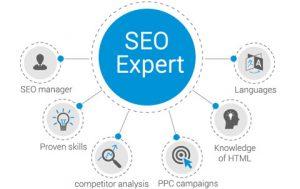
Preparing for the Future: Skills SEO Experts Should Develop
As the digital landscape evolves, SEO professionals must adapt to stay relevant. While AI is reshaping many aspects of the industry, the human touch remains irreplaceable. To thrive in this changing environment, SEO experts should focus on developing a diverse skill set that goes beyond traditional optimization techniques.Here are some crucial areas to consider:
- Data Analysis: Understanding data is key to making informed decisions. SEO experts should be proficient in interpreting analytics and leveraging insights to drive strategies.
- Content creation: The ability to craft engaging,high-quality content that resonates with audiences is essential. AI can assist, but the creativity and nuance of human writers cannot be replicated.
- Technical SEO: A solid grasp of technical aspects, such as site architecture, mobile optimization, and page speed, will help experts ensure that websites are not only user-amiable but also search-engine friendly.
- Adaptability: The SEO landscape changes rapidly. Professionals must be willing to learn new tools, algorithms, and trends to stay ahead of the competition.
- Communication Skills: SEO is not just about numbers; it’s about storytelling. Being able to convey insights and strategies effectively to clients or stakeholders is vital.
To illustrate the skills that will be valuable in the future, take a look at the following table:
| Skill | Importance | How to Develop |
|---|---|---|
| Data Analysis | High | Online courses, webinars |
| Content Creation | Essential | Practice writing, feedback from peers |
| Technical SEO | Critical | Work on real projects, tutorials |
| Adaptability | Very High | Follow industry blogs, news |
| Communication Skills | Vital | Public speaking, writing workshops |
Ultimately, while AI can automate certain processes and enhance efficiency, the human ability to strategize, empathize, and innovate remains unparalleled. By focusing on these core areas, SEO experts can not only coexist with AI but also leverage its capabilities to amplify their impact in the digital marketing realm.The future is bright for those who are prepared.
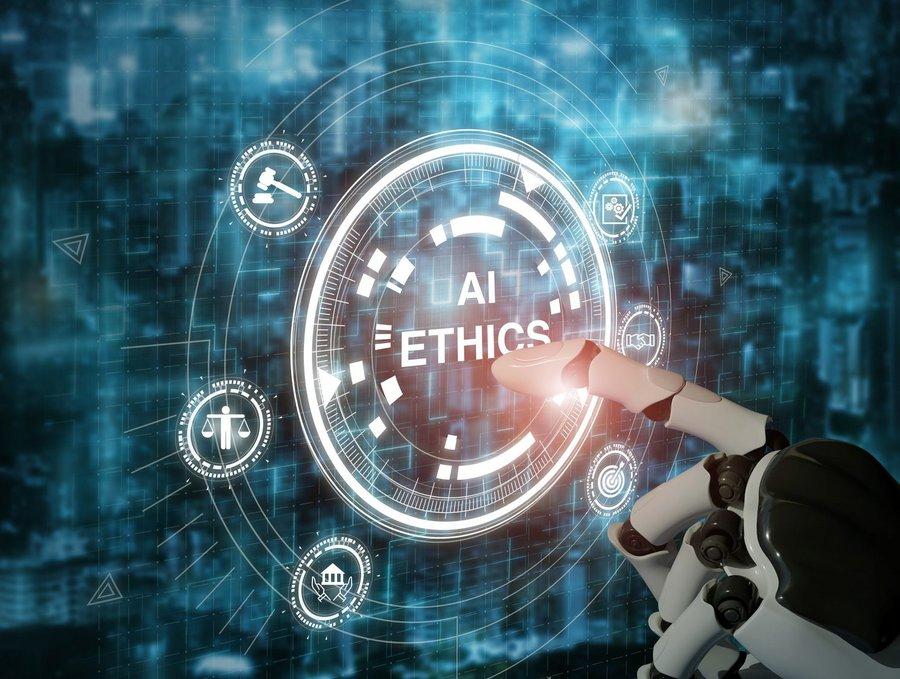
The Importance of Ethical Considerations in AI-Driven SEO
As artificial intelligence continues to evolve and make significant inroads into various industries, the realm of search engine optimization (SEO) is no exception.However, the integration of AI in SEO strategies brings forth a multitude of ethical considerations that must be meticulously addressed. Engaging with these considerations is not merely a matter of compliance; it’s about ensuring the integrity of digital marketing as a whole.
Firstly, openness plays a critical role in the ethical deployment of AI in SEO. When utilizing AI-generated content or automated optimization tools, it’s essential for businesses to disclose these practices to their audience.This openness fosters trust and ensures that users are aware of the methodologies behind the information they’re consuming. Companies should prioritize transparency in the following ways:
- Clearly labeling AI-generated content.
- Providing insights into how AI tools are used in optimization.
- Maintaining accountability for AI-driven decisions.
Secondly, data privacy cannot be overlooked. With AI systems relying heavily on vast amounts of data, it is paramount to navigate this landscape responsibly. Companies must ensure they are not only compliant with regulations like GDPR but are also committed to ethical data practices.This involves:
- Obtaining user consent before data collection.
- Implementing robust data protection measures.
- Regularly reviewing data usage policies to align with ethical standards.
Moreover, there is a growing concern about algorithmic bias. AI systems can inadvertently perpetuate existing biases present in the data they are trained on. This can lead to skewed search results that favor certain demographics or perspectives,ultimately affecting user experience. To combat this, businesses should:
- Regularly audit AI algorithms for biases.
- Incorporate diverse datasets during training.
- Engage in ongoing education about AI ethics among team members.
In an era where technology considerably influences consumer behavior, maintaining ethical standards in AI-driven SEO is not just a legal obligation; it’s a moral imperative. By upholding these principles,businesses can not only enhance their reputation but also contribute positively to the broader digital ecosystem. Ultimately, the goal should be to harness the power of AI responsibly, ensuring that it complements human expertise rather than replacing it.
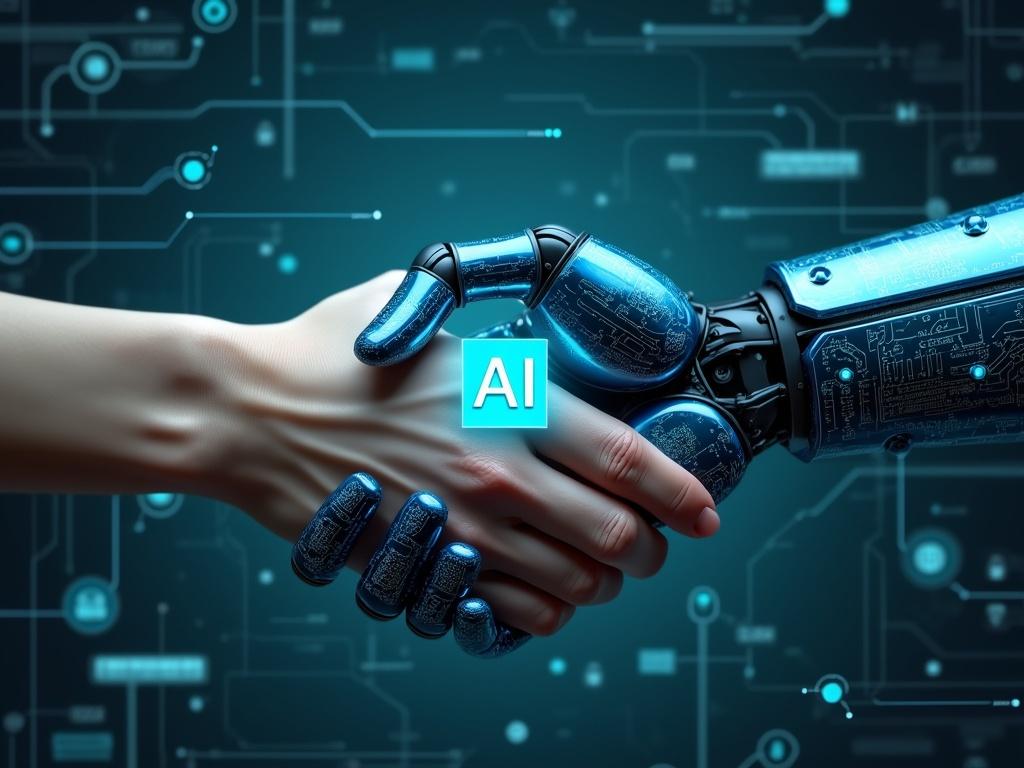
Case Studies: Success Stories of Human-AI Collaboration in SEO
In today’s digital landscape, the synergy between human expertise and artificial intelligence has led to remarkable advancements in SEO strategies. Here are some compelling success stories that highlight how this collaboration can lead to outstanding results.
One of the standout examples comes from a well-known e-commerce brand that struggled with keyword optimization. After integrating an AI-powered tool to analyze search trends, the SEO team was able to uncover high-potential keywords that were previously overlooked. The result? A 35% increase in organic traffic within just three months. The human touch was crucial here, as the team fine-tuned the content strategy to align with brand voice and audience preferences.
Another success story features a digital marketing agency that utilized AI for predictive analytics. By analyzing user behavior and search patterns, the agency could forecast which topics would trend in the coming months. This foresight allowed them to create timely, relevant content that resonated with their audience, leading to a 50% boost in engagement rates across multiple campaigns. The agency’s SEO experts ensured that the content maintained quality and relevance, which is something AI alone cannot achieve.
| Collaboration Aspect | AI Contribution | Human contribution | Outcome |
|---|---|---|---|
| Keyword Optimization | identified high-potential keywords | Crafted brand-aligned content | 35% increase in organic traffic |
| Content Planning | Analyzed user behavior | Ensured quality and relevance | 50% boost in engagement rates |
Moreover, a leading technology blog experienced a turnaround when they employed AI to automate their SEO audits. this allowed their team to focus on strategic improvements rather than getting bogged down with manual checks. By identifying technical SEO issues quickly, they managed to enhance their site’s performance significantly, resulting in a 20% faster page load time and a notable rise in user satisfaction. This case illustrates that while AI enhances efficiency, human insight is vital for implementing the necessary changes effectively.
These success stories clearly demonstrate that rather than viewing AI as a replacement for human SEO experts, it is indeed more beneficial to see it as a powerful ally. The best results arise from a combination of AI’s data-driven insights and the nuanced understanding that human professionals bring to the table. In an era where SEO is ever-evolving, embracing this partnership is key to staying ahead of the competition.
frequently Asked Questions (FAQ)
Q: Can AI really replace human SEO experts?
A: While AI has made significant strides in automating various tasks, it’s unlikely to entirely replace human SEO experts. Think of AI as a powerful tool that can enhance an SEO professional’s capabilities rather than a full-fledged replacement. Humans bring creativity, strategic thinking, and an understanding of nuanced consumer behavior that AI still struggles to replicate.
Q: What are some areas where AI excels in SEO?
A: AI shines in data analysis, keyword research, and performance tracking. It can analyze vast amounts of data quickly, identifying patterns and trends that would take a human much longer to uncover. Tools powered by AI can suggest keyword opportunities, optimize content, and even predict changes in search engine algorithms, streamlining many processes.
Q: But can’t AI create content too?
A: Yes, AI can generate content, and it does a pretty good job at it! However, the content it creates often lacks the emotional depth, storytelling, and unique perspective that a human writer can provide. Content that resonates with audiences usually requires a personal touch and a deep understanding of the target market—something AI still struggles with.
Q: What about the strategic aspects of SEO? Can AI handle that?
A: Strategy is where human SEO experts really shine. While AI can provide data-driven insights, developing a comprehensive SEO strategy involves understanding business goals, market trends, and customer behavior. Humans excel at synthesizing this information into a cohesive strategy that aligns with a brand’s voice and mission.
Q: How can SEO experts and AI work together?
A: The best approach is a collaborative one! SEO experts can use AI tools to enhance their research, streamline reporting, and optimize campaigns. By leveraging AI for data analysis, SEO pros can focus more on strategy, creativity, and relationship-building, ultimately leading to more effective SEO outcomes.
Q: Should businesses rely exclusively on AI for their SEO needs?
A: Not at all! While AI can be a valuable asset, relying solely on it could lead to missed opportunities. Businesses should hire SEO professionals who understand how to use AI tools effectively while also bringing their own expertise to the table.A balanced approach that combines human insight with AI efficiency is the way to go.
Q: What is the future of SEO in light of AI advancements?
A: The future of SEO will likely be a harmonious blend of AI and human expertise. As AI continues to evolve, it will handle routine tasks, allowing SEO experts to focus on innovative strategies and creative problem-solving. In this landscape, those who adapt and embrace AI will thrive alongside it, rather than be replaced by it.
Q: What’s the bottom line?
A: AI is a game-changer in the world of SEO, but it’s no replacement for human expertise. SEO professionals will continue to be essential for crafting effective strategies, understanding customer needs, and creating engaging content. Embrace AI as a partner, and your SEO efforts will go further than ever before!
In Summary
As we reach the end of our exploration into the intriguing world of AI and SEO, it’s clear that the question of whether AI can replace human SEO experts isn’t just a simple yes or no. While AI brings amazing tools and data-driven insights to the table, the nuanced understanding, creativity, and adaptability of human experts remain irreplaceable.Think of AI as a powerful assistant—one that can crunch numbers,analyze trends,and automate repetitive tasks,thereby freeing up human SEO professionals to focus on strategy,innovation,and the art of storytelling that resonates with audiences.
So, if you’re in the digital marketing field or simply curious about the future of SEO, remember this: embracing AI doesn’t mean replacing the human touch. Rather, it’s about leveraging technology to enhance our capabilities and drive even better results.
In the ever-evolving landscape of SEO, the most successful strategies will likely be those that combine the best of both worlds. Keep learning, keep adapting, and don’t hesitate to harness the power of AI while cherishing the invaluable insights that only a human touch can provide.
Thanks for joining us on this journey! Your thoughts and experiences are always welcome, so feel free to share them below. Let’s keep the conversation going!

